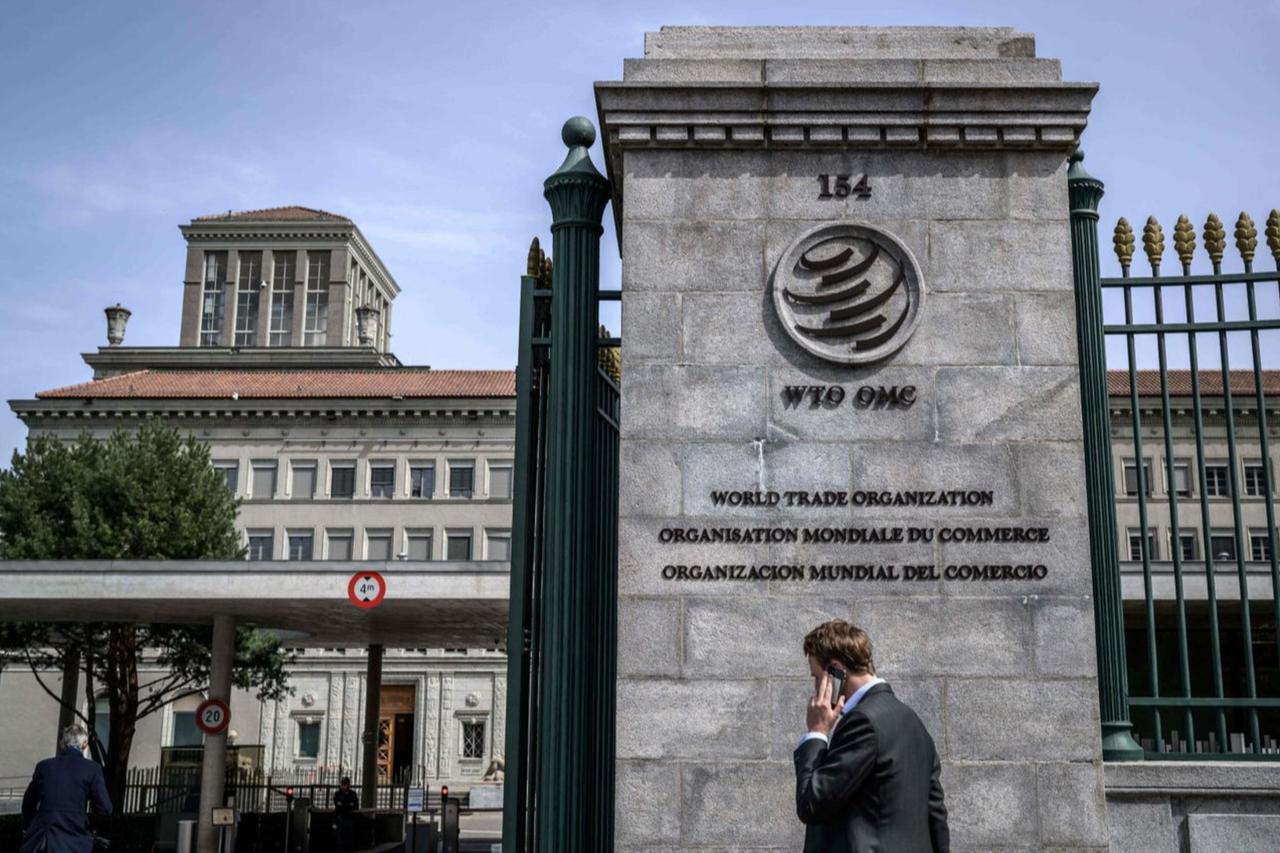
Artificial intelligence stands to dramatically reshape international commerce over the next decade and a half, with the potential to increase global trade and services by up to 37% by 2040, the World Trade Organization said in a new report released this week.
The growth projection hinges on developing nations successfully narrowing the technology divide that currently separates them from wealthier countries, according to the WTO's "World Trade Report 2025: Making trade and AI work together to the benefit of all."
The Geneva-based trade body identified digital services as the sector positioned for AI's most transformative impact, while noting that AI-powered productivity gains could help more businesses navigate increasingly complex international regulations.
Central to this transformation are what the WTO terms "AI-enabling goods" — including semiconductors and intermediate inputs that form the backbone of artificial intelligence systems. Trade in these critical components already reached $2.3 trillion in 2023, underscoring their growing importance in global supply chains.
However, the organization cautioned that realizing the full economic potential of AI requires deliberate policy interventions to prevent technology from exacerbating global inequalities.
"However, the effects of the development and deployment of AI are raising concerns that many workers, and even entire economies, could be left behind," WTO Director-General Ngozi Okonjo-Iweala said in the report.
The warning reflects current global disparities in access to digital infrastructure, advanced technology, and skilled workforces — resources that remain concentrated in a handful of high-income nations. Without strategic investments in education and inclusive policies, the WTO suggests, the projected 37% trade growth may prove elusive.
"AI has vast potential to lower trade costs and boost productivity, as well as to create new avenues for services production and exports," Okonjo-Iweala noted. "Today, however, access to AI technologies and the capacity to participate in digital trade remain highly uneven, especially for many low-income economies. Without proactive policy responses and greater international cooperation, AI could deepen inequalities rather than reducing them."
The report arrives as governments worldwide grapple with how to harness AI's economic benefits while addressing concerns about job displacement and technological sovereignty. The WTO's analysis suggests that international coordination will be crucial in ensuring that AI's trade benefits extend beyond developed economies to include emerging markets and developing nations.